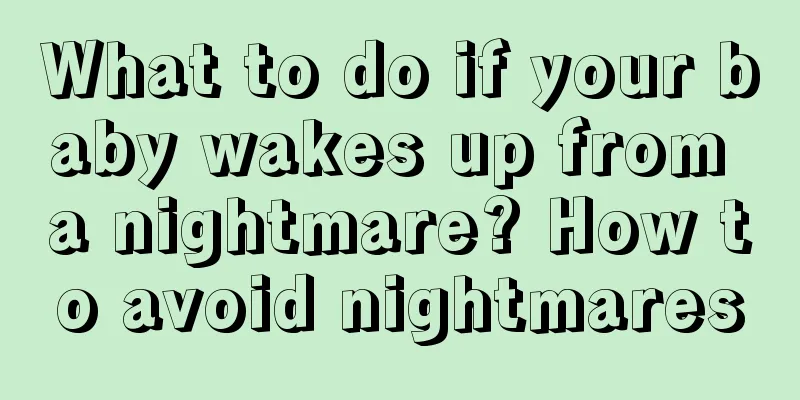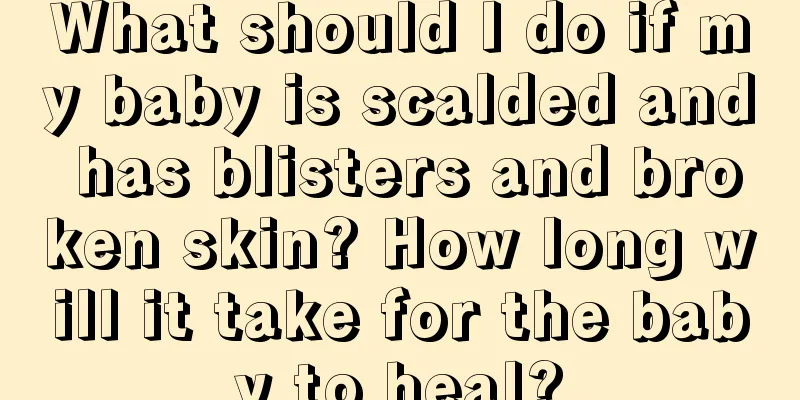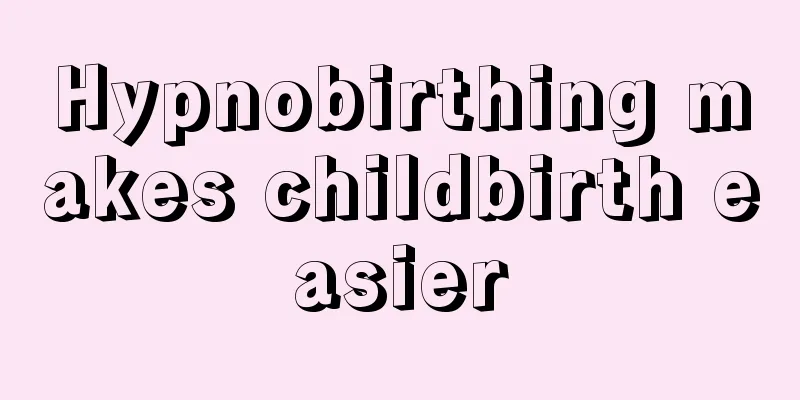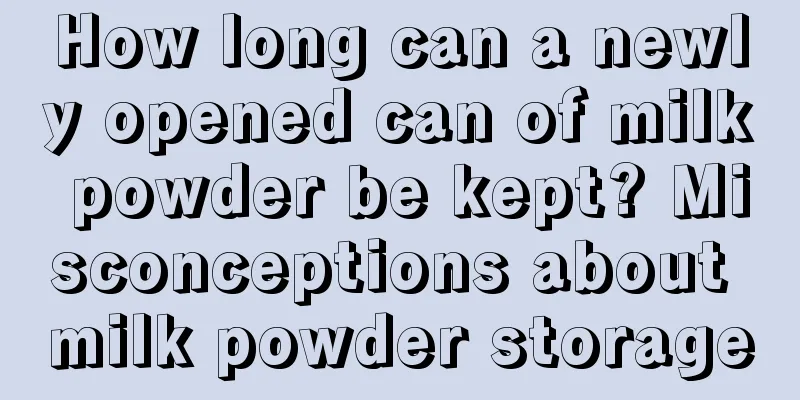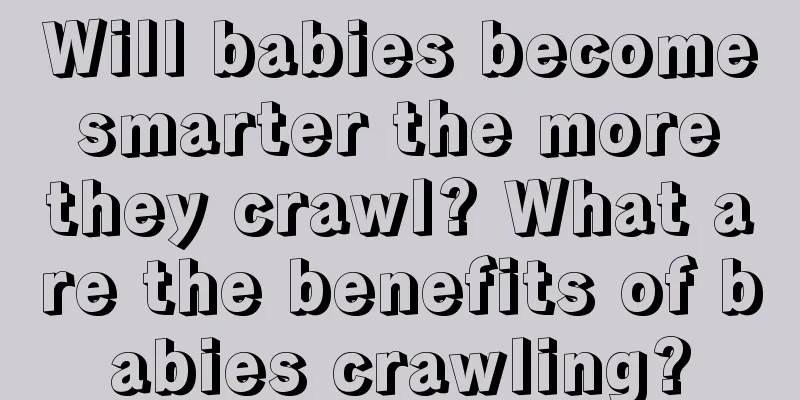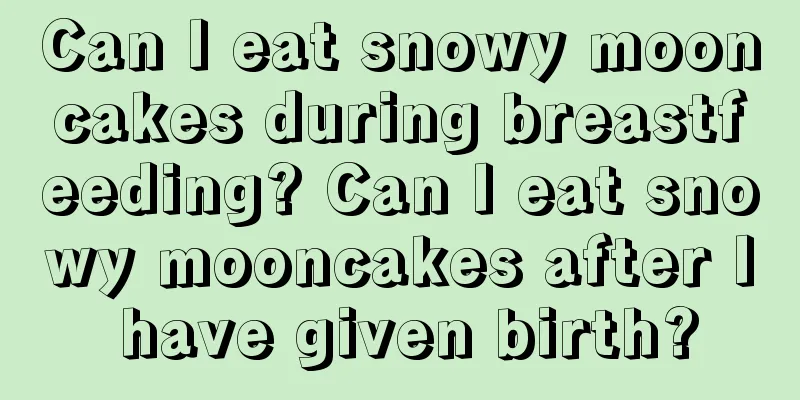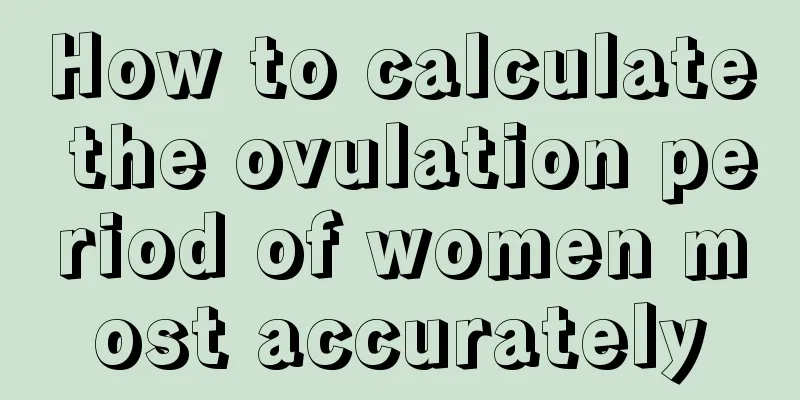Suitable for babies aged 0-1 years old. Introduction of finger nursery rhymes for babies.
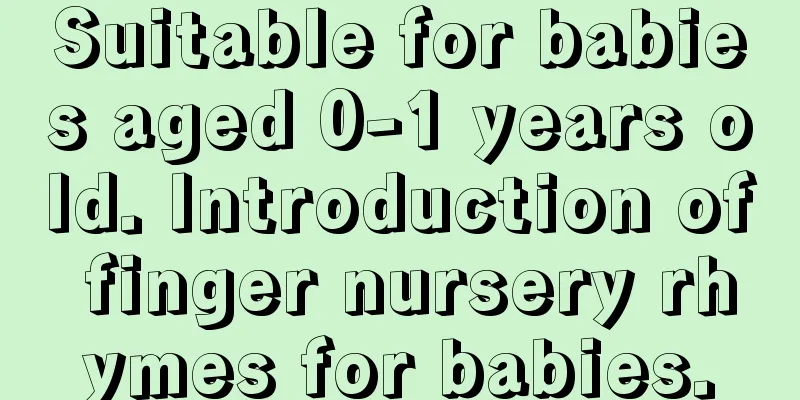
|
What are some children's songs suitable for babies aged 0-1? Today, I will introduce to you some children's songs suitable for babies. Children's songs are an important part of babies' lives. Listening to children's songs can help babies develop musical awareness and intelligence. Please see the detailed introduction below. Children's songs for babies aged 0-1Little Doll The little baby has a sweet mouth and calls daddy and mommy, making grandma laugh out loud. Little Baby Hold the little baby in your arms, and he will laugh when you tease him. He will laugh again when you tease him again. The more you tease him, the more he will laugh. "DianDianNao" There are two little dimples when the baby smiles. "bath" The doll takes a bath, the soap turns into bubbles, the bubbles disperse, and the doll is clean. Drinking Milk The little baby drinks milk, and he still isn’t full after drinking again and again, so he holds the bottle and licks it. Eating Beans Eat beans and you will gain weight; don’t eat beans and you will be thin. Grandma's Bridge Rock, rock, rock, and rock to Grandma's Bridge. Grandma really loves me and calls me a good baby. I'm a Good Baby The little bird flies by itself, the little bird runs by itself, I am a good baby, I don’t want my mother to hold me. Learning to Walk Good baby, learning to walk, one two, one two, take big steps. Not afraid of the dark, not afraid of falling, you are really a good boy of your mother. Grandma's Bridge Rock, rock, rock, and rock to Grandma's Bridge. Grandma really loves me and calls me a good baby. Mother Bird When autumn comes, the leaves are falling and the mother bird is chasing them. She treats the leaves as her babies. Good Baby The bird flies by itself, the pony runs by itself, I am a good baby and I don’t want my mother to hold me. Taking a Nap Put the pillow flat and cover yourself with the quilt. Little pillow, little quilt, take a nap with me, let's see who falls asleep first Finger Songs for Babies1. Little hands are very clever Point a finger, point a finger (point a finger at the baby) Two-finger tap (tap your baby with two fingers) Three-finger pinch (stretch out three fingers and gently pinch the baby) Four-finger tickling (stretch out four fingers and tickle the baby gently) Five fingers clap, clap, clap (two hands clap) Five brothers climbing up the mountain (from the baby's lower body) Jiligulu rolling down (scratch the baby from top to bottom) 2. Clap your hands Clap your hands, clap your hands (Clap your hands) Hold out your finger. (Hold out your index finger) Where are the eyes? (Ask in an exaggerated tone) The eyes are here, (pointing to your eyes) Point your finger out. (Point to your eyes and encourage your child with your eyes) Flexible changes: the eyes can be changed to any other body part, such as nose, mouth, etc. This game teaches children to recognize facial features and body parts, allowing them to enhance their body awareness. 3. Baby Big thumb, second thumb, middle drum tower, four brothers (singing opera), Xiao Niuniu (grab the child's hand, point at her fingers and say) Climb, climb, climb up the mountain (point your index finger from arm to shoulder step by step) Listen with your ears (pinch your ears) Look with your eyes (click your eyes) Smell with your nose (touch your nose) Taste it with your mouth (tap your mouth) Squeak (pause, suddenly put your hand on the child's neck and squeak. The child will be pleasantly surprised to see this moment every time.) 4. Mr. Huang has a piece of land Mr. Huang has a piece of land, ee ee ee ee. He is raising chickens in the field (put the thumbs and index fingers of both hands together, make a fist with the other fingers, and peck up and down), eh, eh, eh, Chirp, chirp, chirp, chirp, chirp, chirp. Mr. Huang has a piece of land, ee ee ee ee. He is raising ducklings in the fields (right palm covers the back of left hand, fanning up and down), oooo-oo-oo, Quack, quack, quack, quack, quack, quack. Mr. Huang has a piece of land, ee ee ee ee. He is raising lambs in the fields (put both hands on top of his head, extend thumb and index finger, make fist with other fingers), baaaaaah, Baa, baa, baa. Baa, baa, baa, baa, baa. Mr. Huang has a piece of land, ee ee ee ee. He raises puppies by the field (put thumb on temple and fan with other four fingers up and down), yaya yaya oh, Woof woof woof, woof woof woof, woof woof woof woof woof. The benefits of listening to music for babiesWhat are the benefits of music enlightenment education? The benefits of music enlightenment education for children are obvious. It can not only sharpen hearing, increase vocabulary, stimulate imagination, but also help children improve their intelligence. It is recommended that parents choose the right method to do a good job in their children's music enlightenment education. A baby's early music enlightenment education can enhance his brain activity, make his thinking more agile, his actions more powerful, and his personality more cheerful; dance can help develop coordination and sense of rhythm and build self-confidence. |
Recommend
How to make earth's best rice noodles? How to make earth's best rice noodles?
Earth's Best Rice Noodles means the best rice...
How to prevent heavy bleeding during childbirth
There will be various unexpected emergencies duri...
What to do if pregnant women are anxious before giving birth
Pregnant women must maintain a good mentality bef...
Is infant eczema caused by fetal toxins? How does infant eczema form?
Usually, the skin of a newborn baby is very sensi...
Can I change the brand of baby milk powder? Can I mix baby milk powder?
I am afraid that my baby will get sick of the sam...
How to educate and guide children in their rebellious period? Is it good for children in their rebellious period to keep pets?
Children's rebellious period is usually a hea...
Why does the baby not eat? The mother's condition is very important
Many children become unwilling to eat after they ...
Why should I enroll my child in a tutoring class? What are the benefits of tutoring classes?
Everyone must have heard a lot about children'...
What is the reason for the baby's green stool after eating rice cereal? Is it a big deal if the baby has green stool after eating rice cereal?
When babies start eating complementary foods, the...
What should I do if I have corpus luteum deficiency? How can I treat corpus luteum deficiency with diet?
Corpus luteum deficiency refers to insufficient s...
What will happen to babies who can't crawl in the future? What are the dangers of not crawling?
Crawling is one of the abilities of babies. When ...
How to change diapers How to use diapers
Diapers are a must-have for babies, but many pare...
When should I start drinking the tea for smooth delivery? Can the tea help with smooth delivery?
Natural childbirth is what almost all women hope ...
Is there still milk after abortion during breastfeeding? How to increase milk after abortion during breastfeeding?
Abortion during breastfeeding will have a certain...
How old should a child be to use a child safety seat? What age of child is a child safety seat suitable for?
Child safety seats are designed to protect childr...
